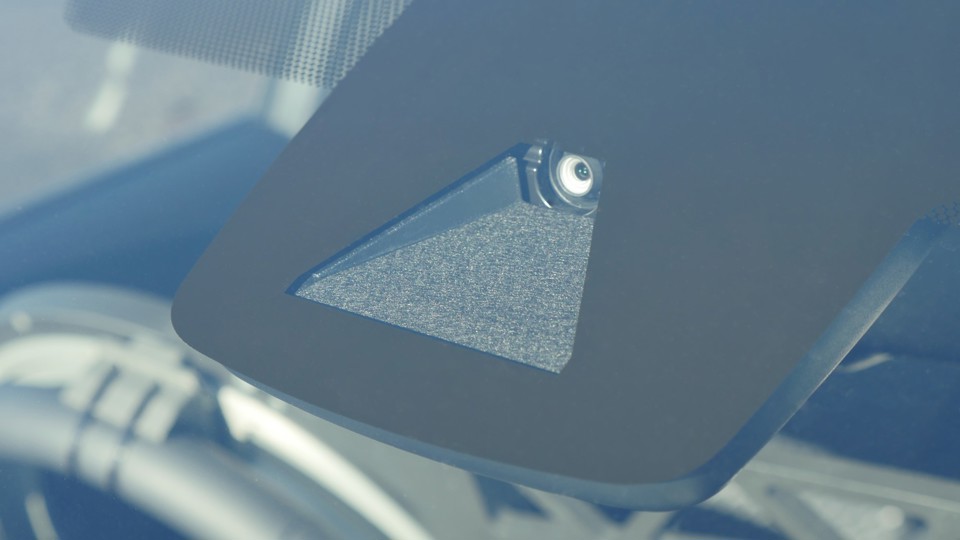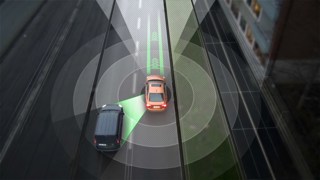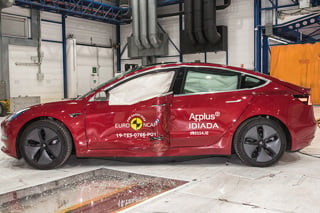ICDP, the international automotive distribution researchers, is predicting that the European crash repair market will reduce by 13% by 2030 as a result of advanced new vehicle safety technology.
ICDP completed a simulation looking at the effect on the size of market of normal changes in the parc (the population of cars in the market of all ages), changes in accident rates as the result of driver behaviour, road conditions and distance driven, and the effect of new safety-related technologies, collectively known as ADAS (Advanced Driver Assistance Systems).
The growing penetration of ADAS, such as automated emergency braking, blind spot monitoring and lane assist will result in a 15% reduction in the number of accidents in the four main European markets (France, Germany, Italy and UK) by 2030.
Severe accident damage will be reduced, but write-offs will increase due to the higher cost of repairs and parts on more complex vehicles. As a result, ICDP predicts the value of the repair market will fall by 17% (over €7 billion annually) in the EU-4 alone, putting pressure on all parties involved.
Steve Young, ICDP managing director, said: “For parts producers, including car manufacturers, the loss of profit will be significant – we estimate that across all parts and players, gross margins are around 40%.
“This will affect car manufacturers the most as they will also be suffering during the same timeframe from the growing share of electrical vehicles which have a much lower service parts requirement.”
Young said an additional concern that emerges from the research is that the quality of repairs may be compromised where these include replacement of parts that incorporate some form of ADAS functionality.
These include many of the parts that feature most heavily in accident repair such as bumpers, headlights, windscreens and mirrors.
He said: “All of these parts on ADAS equipped cars will typically have radars, cameras or other sensor technology that when replaced or removed and refitted needs to be recalibrated in order to ensure the safe working of the car.
“We are aware that this need for recalibration in the best case results in longer repair times, particularly for independent bodyshops who may not have their own calibration equipment, but in the worst case results in the ADAS function being degraded or disabled due to incorrect or missed calibration.”
The ICDP said insurers, repairers and fleet operators will have a duty of care to ensure that recalibration is done correctly in order to avoid potential claims by drivers and third parties in the event of a subsequent accident involving the repaired car.




















Login to comment
Comments
No comments have been made yet.